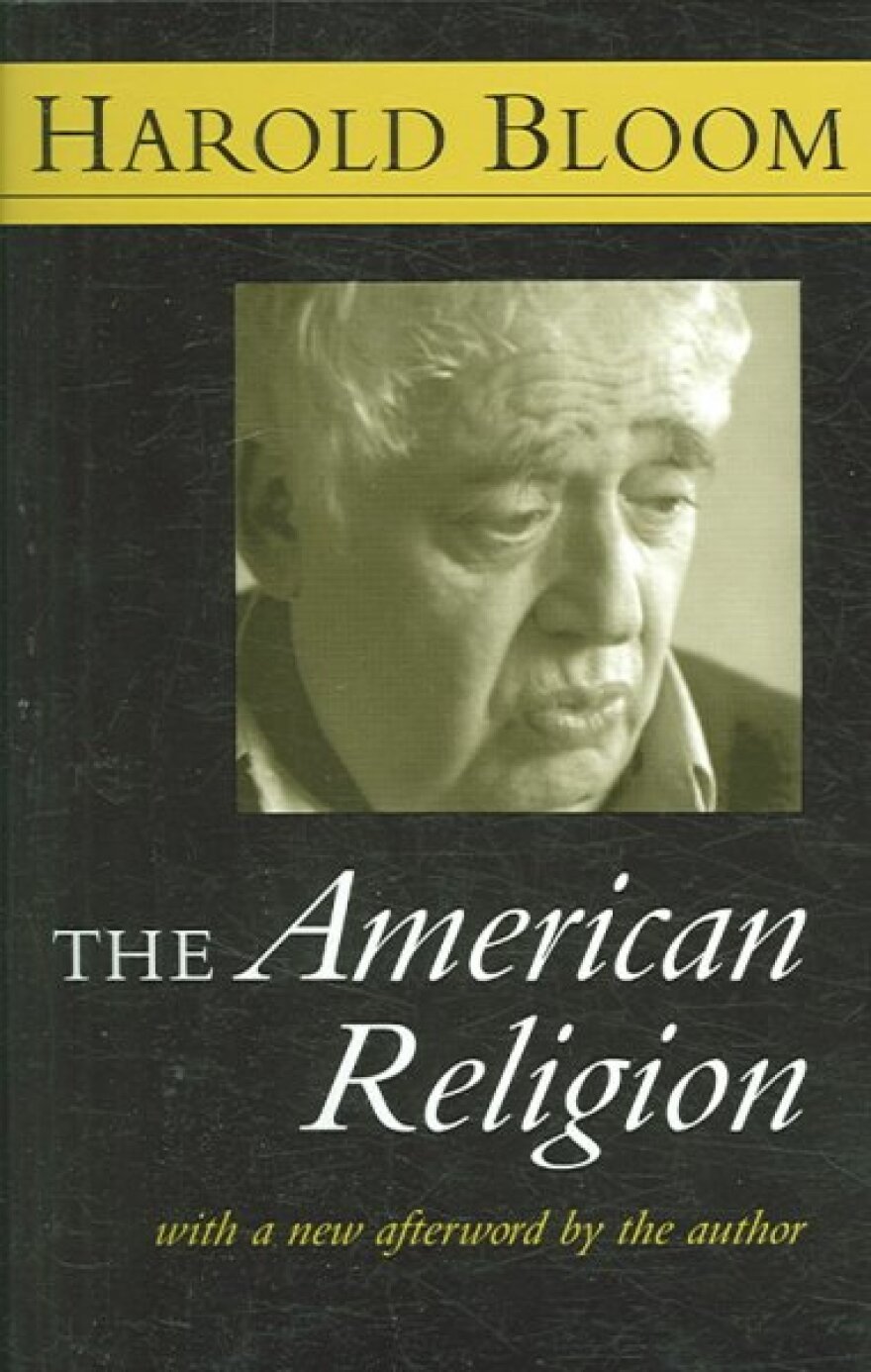In light of the often tortured interweave of faith and politics in American life, we sometimes forget that our country was first settled by those seeking freedom not from religion but to practice their own versions of it: French Protestants and English Puritans. In many ways, religion is our founding fact. These books explore the vital undercurrent of faith in the expression of American life.
Copyright 2024 NPR. To see more, visit https://www.npr.org.
The American Sublime: 3 Books On Faith In The U.S.
Blue-Eyed Devil: A Road Odyssey Through Islamic America

by Michael Muhammad Knight
People don't think of Islam as something native to American soil. But Blue-Eyed Devil reveals a more complex picture. In his second book — part memoir, part travelogue, part detective story — Michael Muhammad Knight, a white American convert to Islam at 16, scours the nation, first in his Buick Skylark and later in a Greyhound bus, trying to solve the mysterious disappearance of Fard Muhammad, the legendary founder of the Nation of Islam. In the process, Knight uncovers Islam's surprising, fascinating history in this country, and meets a bevy of nubile Muslim ladies along the way. At once gonzo journalist, punk poet and questing mystic, Knight's personal journey from Malcolm X's mosque in Harlem to a mysterious grave in Southern California is, after all is said and done, a heartfelt search for self.
The American Religion

by Harold Bloom
Harold Bloom's The American Religion is something of a neglected classic. Bloom, a titanic figure in American letters, reads our native faiths — Mormonism, Pentecostalism, Baptism, Nation of Islam — like literary texts to be interpreted, appreciated, understood. He makes the case that faith is the animating spirit of American history. With a keen appreciation for religion, which, like poetry, he sees as a complete expression of our humanity, Bloom offers a startling, but amply demonstrated, proposition: that the hallmark of American religion — and the source of its strength — is our belief that we, like God himself, are uncreated. The American self is co-primeval with the Divine. As Emerson himself might have put it, we do not concede that we are part of nature. And so our striving selves and our deity are one. And this identity can begin to explain why religion has always been such a force — both creative and destructive — in American life.
Gilead

by Marilynne Robinson
Marilyn Robinson's Gilead won the Pulitzer Prize for fiction in 2005. Not since Jonathan Edwards and Herman Melville has American prose been so deeply infused with an understanding of faith's capacity to illuminate daily life with shimmering wonder. Narrated by the Rev. John Ames of Gilead, Iowa, the book is structured as Ames' written address to his young son. Already in his 70s, Ames is afraid he doesn't have much time left to convey his heritage and his wisdom. What results is a quietly resplendent chronicle of Ames' personal and spiritual development, keen to the majesties of the earth and sky, and also of the human heart. His interpretations of the Gospels alone are filled with tenderness and wisdom — e.g. that poverty is the greatest of blessings, but perhaps not one that we are all strong enough to bear — that linger in the mind long after the last page is turned. It is rare to read so loving a book, and even rarer to read one that emboldens the reader to live more fully.




